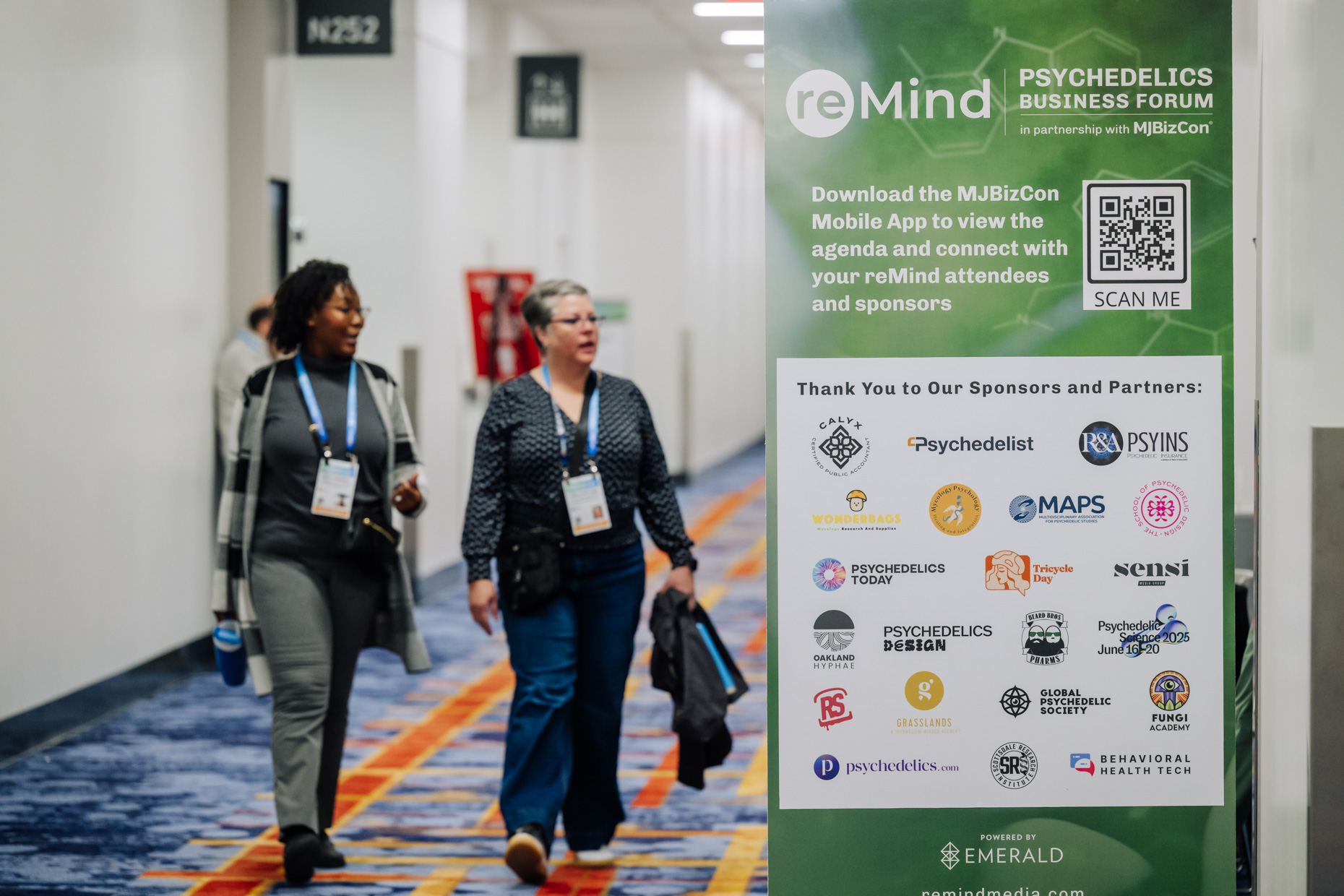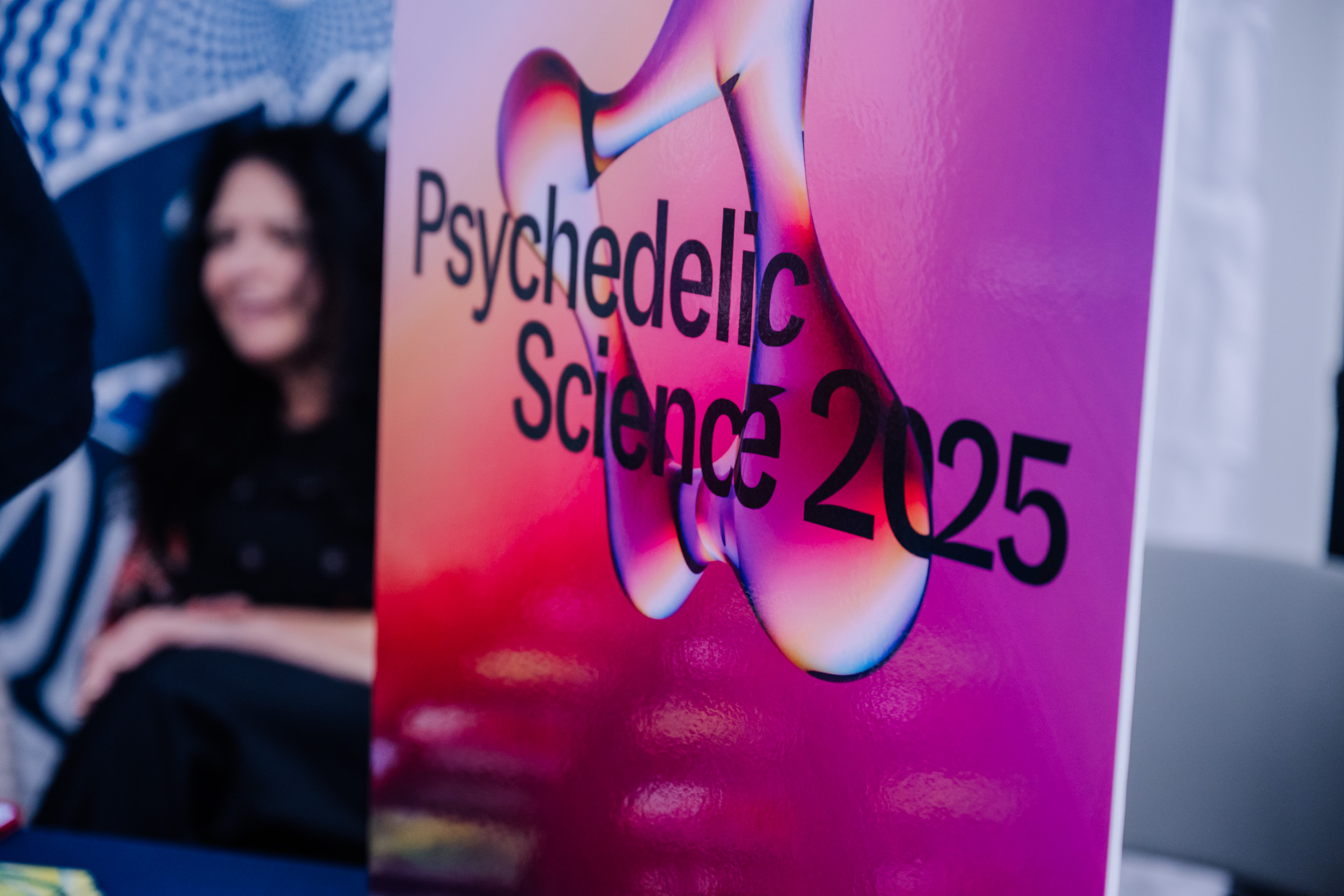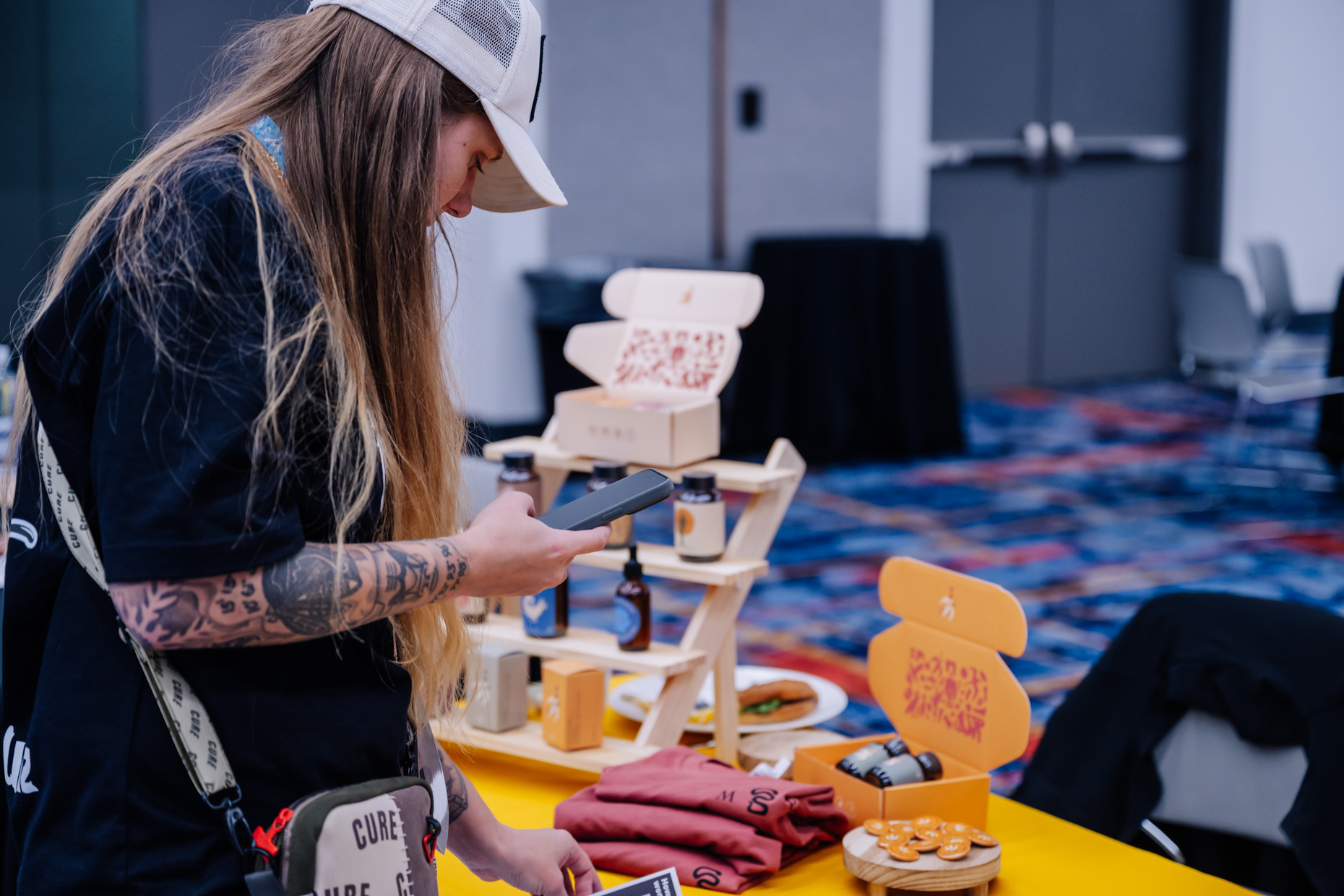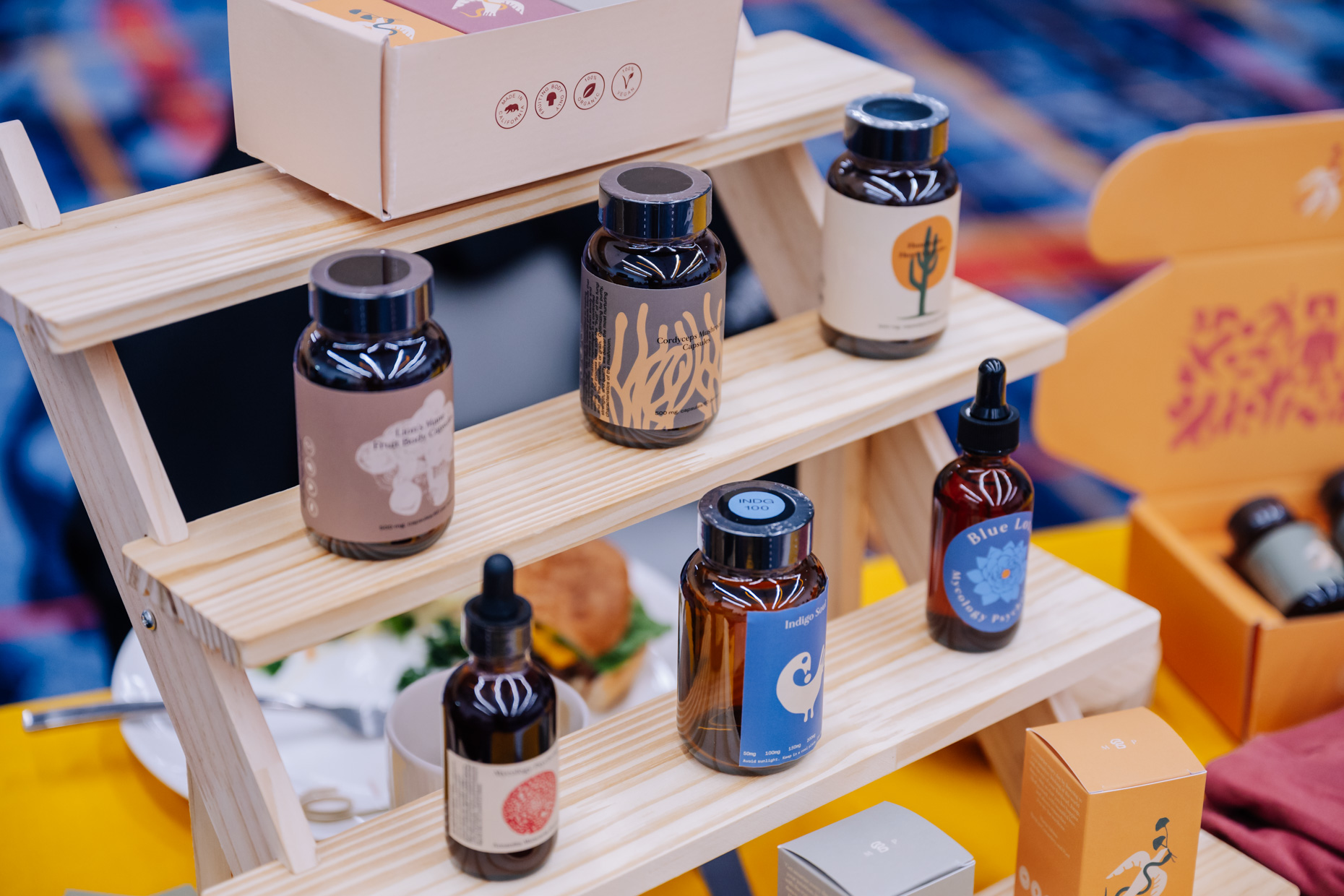ReMind Psychedelics Track
At reMind, we are united by one common desire: to thrive in business and in life
reMind is the leading psychedelics conference that brings together the entrepreneurs, business owners, investors, policymakers and healthcare professionals at the forefront of the rapidly evolving psychedelics industry. Our network is committed to advancing the innovation, research, legislation and commerce of psychedelics responsibly through community building, education, conversations and networking. Produced by Emerald, one of the world’s top trade event and media producers; and in partnership with MJBizCon, the #1 B2B cannabis trade event, reMind’s DNA is based in building strong connections and forging new markets.
Advancing the business of psychedelics responsibly

WHAT WE ARE
A TRUSTED RESOURCE FOR THE PSYCHEDELICS INDUSTRY

HOW WE DO IT
BRING THE RIGHT PEOPLE TOGETHER + PROVIDE HIGH QUALITY INFORMATION

THE RESULTS WE DELIVER
ACCESS TO OPPORTUNITIES THAT DRIVE SUCCESS + SUPPORT THE INDUSTRY
reMind 2024 Speakers
Check our Full Agenda for the complete list of announced speakers! New speakers and sessions are added weekly!
2024 Sponsors








Our Core Values
connections
we facilitate, cultivate and support meaningful relationships and introductions
guidance
we provide access to the latest information and experts in legislation, legal and policy changes
education
we create, publish and distribute cutting-edge information, ideas, perspectives and research
intention
we host forums designed to support conversations about life-changing innovations health, healing and performance
ethics
we show respect and reverence to the origins and ethics of psychedelics and their potential
empowerment
we curate and produce inspiration and events that can change the world
Insights, Research and Knowledge from Leading Psychedelics Experts
Watch all reMind conference videos, panel discussions, solo talks, and keynote addresses — as well as past webinars and other events — through our on-demand portal. Watch them all on YouTube.









